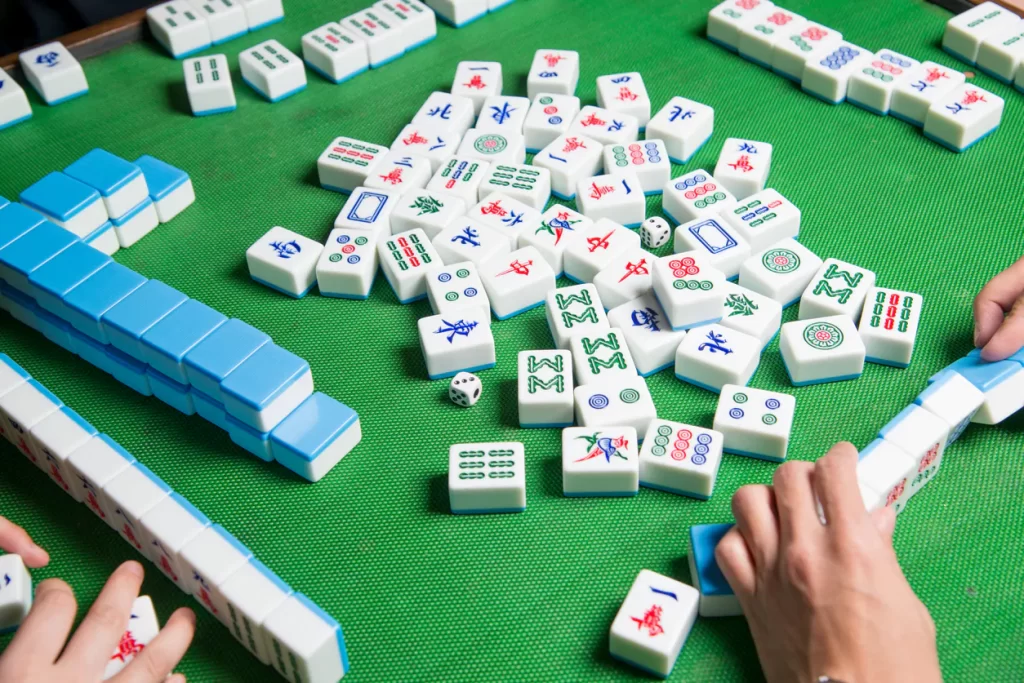Skill-Based Gambling: Poker, Blackjack, and Sports Betting
Gambling has been a popular pastime for centuries, attracting people from all walks of life with the promise of excitement and the chance to win big. In this article, we delve into the world of gambling, exploring its history, various forms, psychological aspects, and the impact it has on individuals and society as a whole.
The History of Gambling:
Gambling has deep historical roots, with evidence of early games of chance found in ancient civilizations like Mesopotamia and China. Throughout history, gambling has evolved, adapting to cultural and technological changes. Today, it takes various forms, from traditional casino games to online betting platforms.
Understanding the Psychology of Gambling:
The allure of gambling lies in its unpredictable nature and the thrill of taking risks. The psychology behind gambling involves a complex interplay of cognitive biases, reward systems, and emotional factors. Understanding these psychological elements can help us comprehend why people are drawn to gambling and how it affects their behavior.
Types of Gambling Games:
Gambling offers a diverse range of games, each with its own rules, odds, and strategies. From games of chance like roulette and slot machines to skill-based games like poker and blackjack, players have a plethora of options to choose from based on their preferences and expertise.
The Appeal of Casinos:
Casinos have long been synonymous with gambling entertainment. The allure of luxurious resorts, bright lights, and lively ambiance attracts tourists and avid gamblers alike. We explore the grandeur of casinos, the psychology behind their design, and the experiences they offer to visitors.
The Rise of Online Gambling:
Advancements in technology have revolutionized the gambling industry, giving rise to online betting platforms and virtual casinos. Online gambling provides convenience and accessibility, allowing players to gamble from the comfort of their homes. However, it also raises concerns about responsible gambling and addiction.
Responsible Gambling Practices:
Responsible gambling is crucial to ensure that gambling remains an enjoyable and recreational activity rather than a harmful habit. We delve into the importance of setting limits, recognizing warning signs of gambling addiction, and seeking help when needed.

The Social Impact of Gambling:
Gambling has both positive and negative impacts on society. On one hand, it generates revenue for governments and creates employment opportunities in the gaming industry. On the other hand, it can lead to addiction, financial difficulties, and social issues for some individuals and communities.
Regulating the Gambling Industry:
To address the potential harms associated with gambling, many countries have implemented regulations to protect consumers and promote responsible gambling practices. We examine the role of regulatory bodies and the challenges they face in striking a balance between industry growth and social responsibility.
Gambling and Pop Culture:
Gambling has permeated popular culture, appearing in movies, TV shows, and fortune tiger . We explore how gambling is portrayed in the media and its influence on public perceptions of this activity.
The Future of Gambling:
As technology continues to advance, the gambling industry is poised for further innovation. Virtual reality, blockchain, and artificial intelligence are likely to reshape the gambling experience, presenting new opportunities and challenges for players, operators, and regulators.
Conclusion:
Gambling remains a captivating and complex aspect of human behavior, evoking a range of emotions and responses. Understanding the history, psychology, and social impact of gambling can lead to informed discussions about its regulation and the promotion of responsible gambling practices.…

